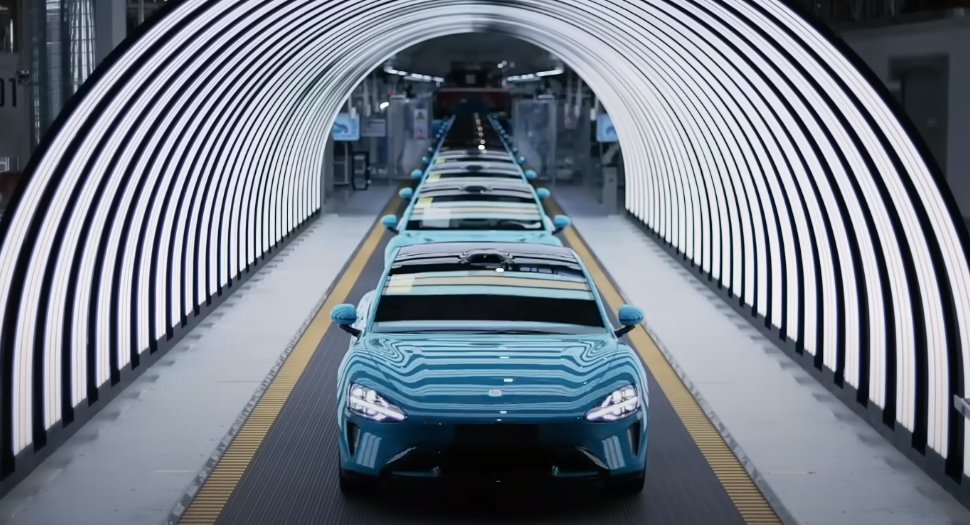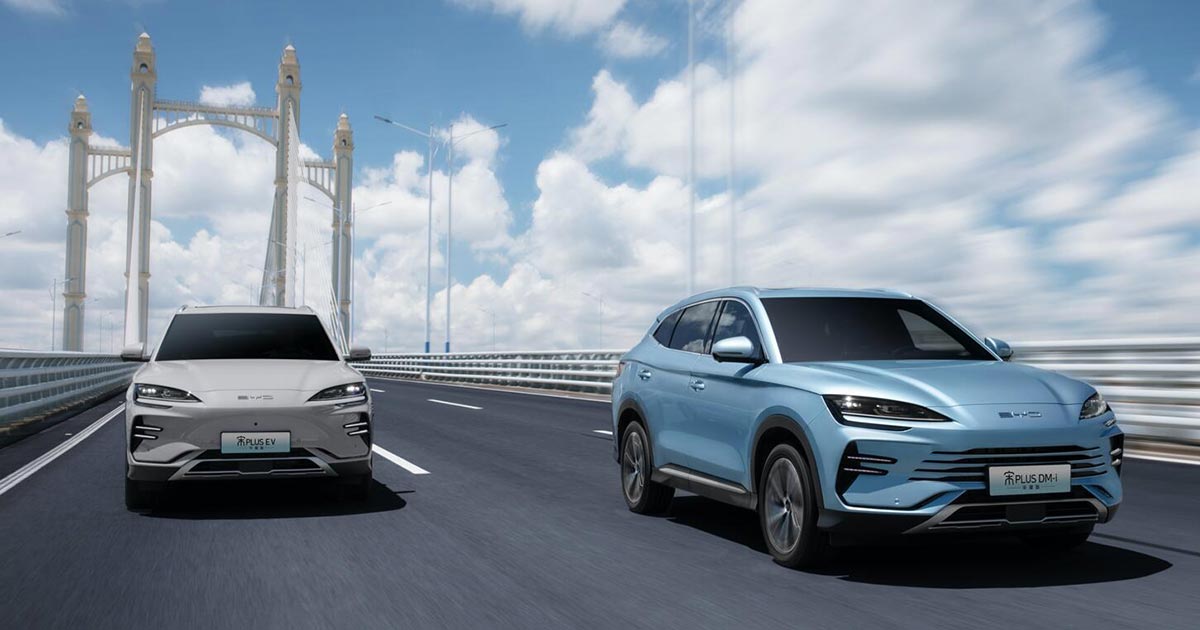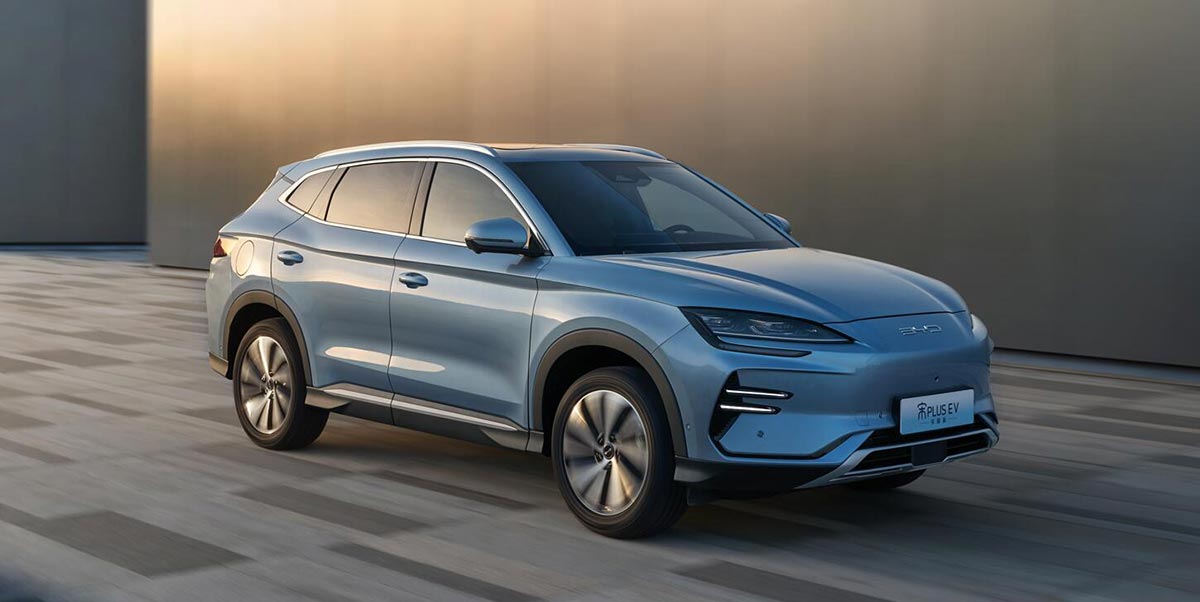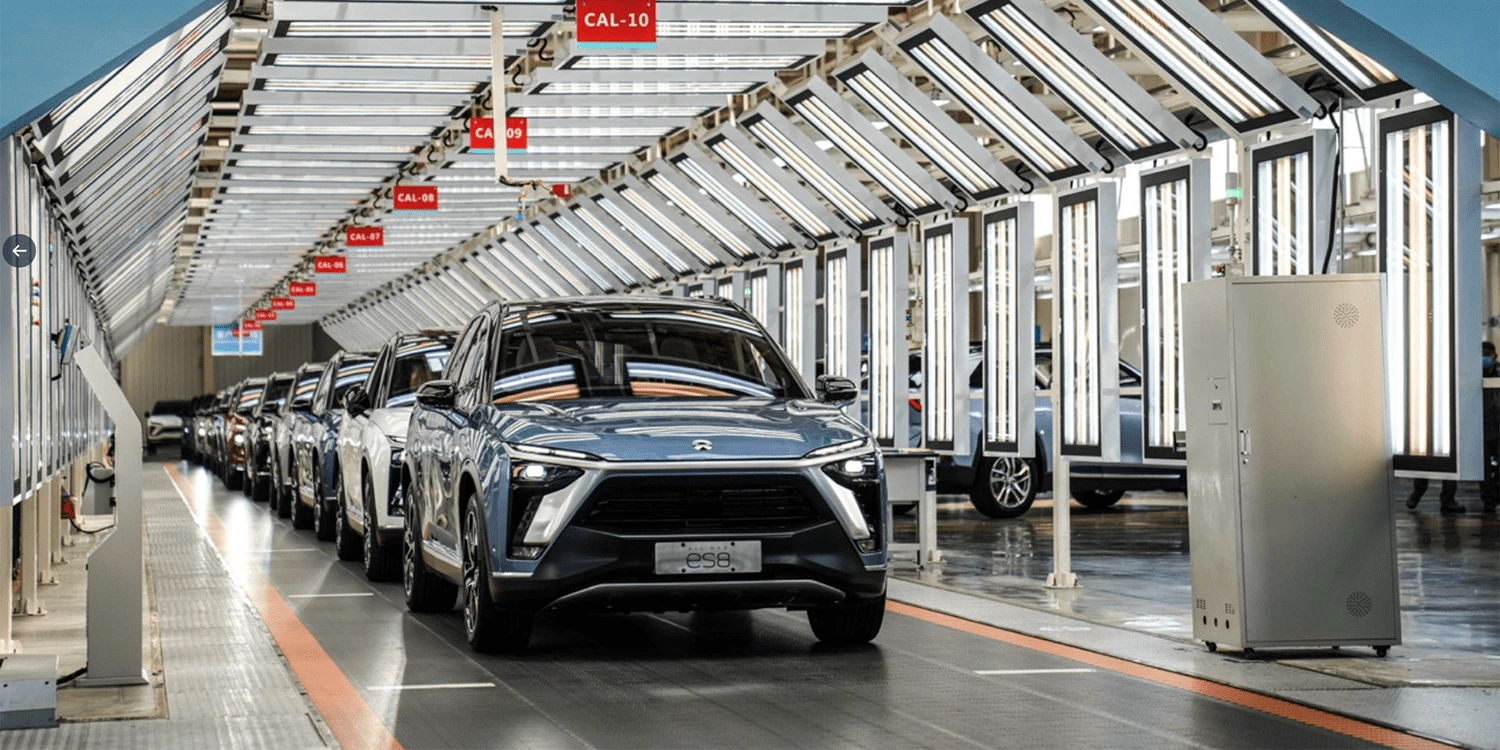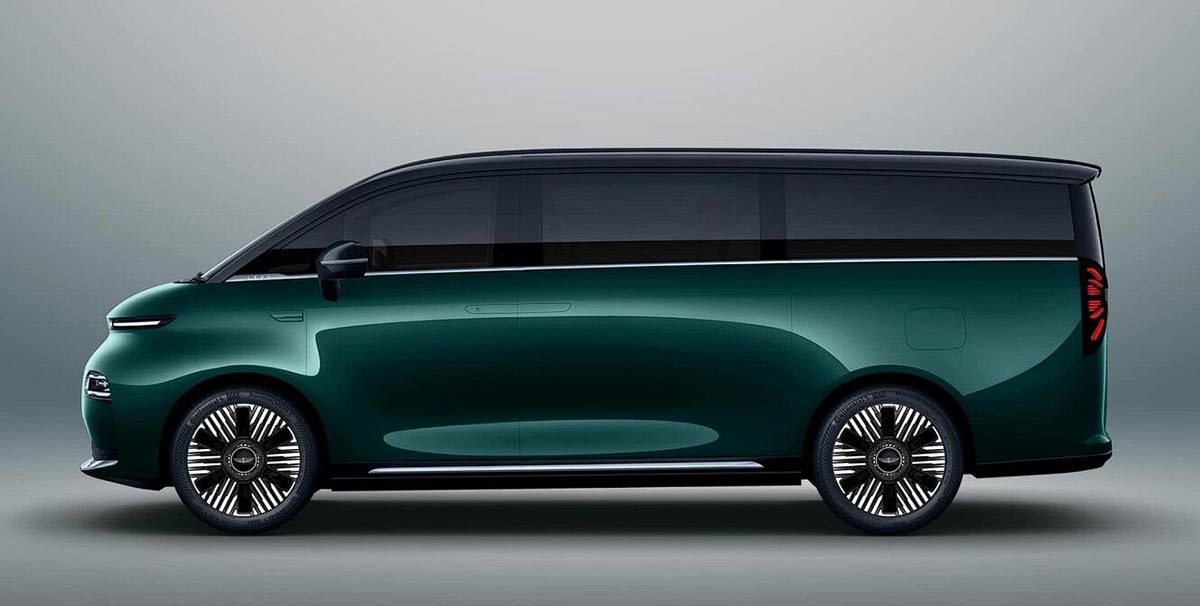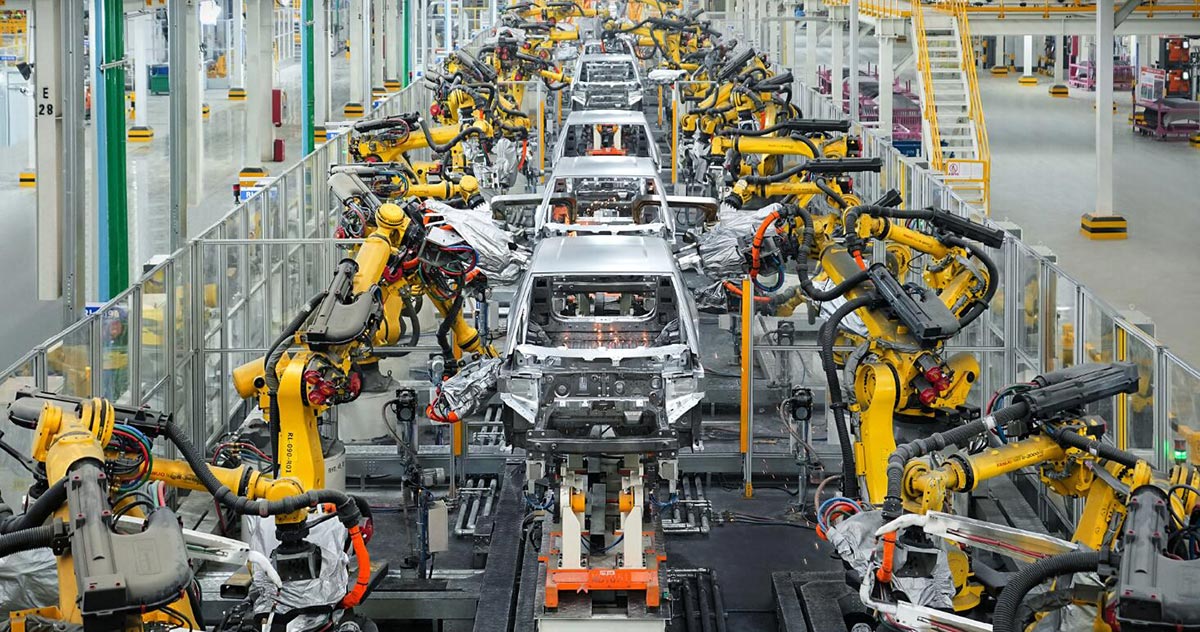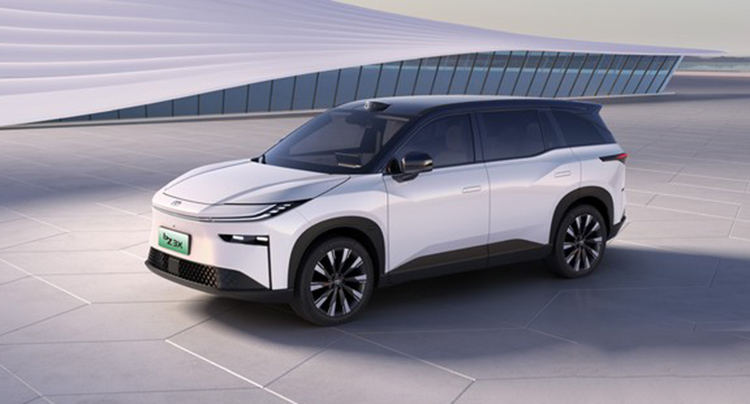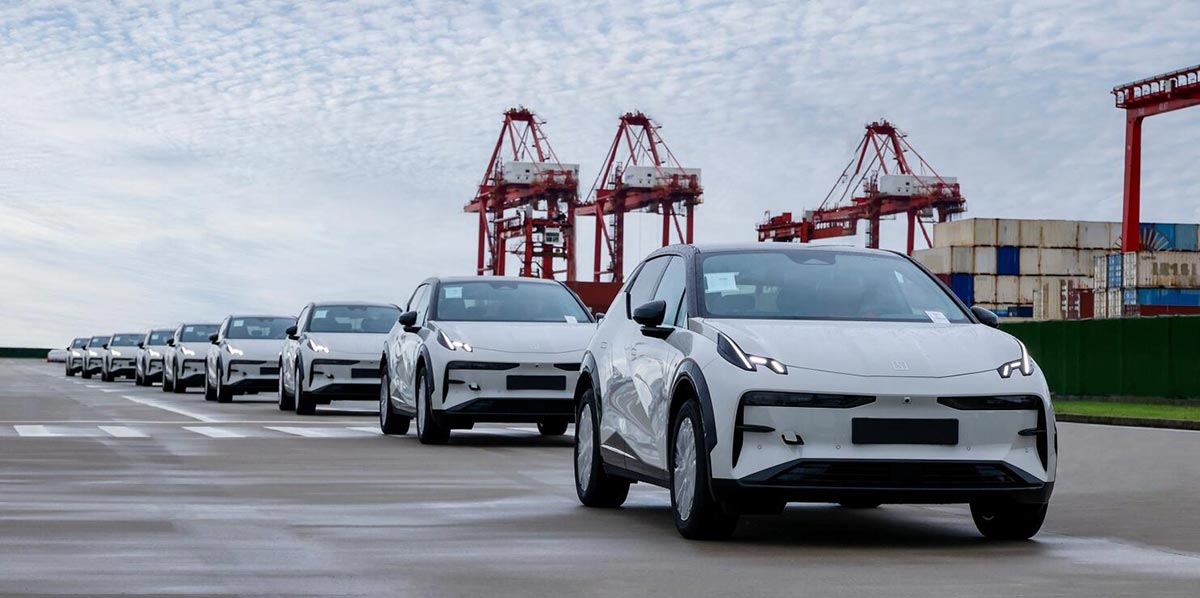Premier Li Qiang of China used his address at the World Economic Forum meeting in Dalian to push back against accusations from the U.S. and EU regarding Chinese firms benefiting from unfair subsidies and potentially flooding international markets with inexpensive green technologies.
Li’s remarks come ahead of technical discussions between China and the European Union on proposed tariffs on Chinese-made electric vehicles (EVs) entering the EU. This follows the United States’ recent announcement of significant tariff increases on various Chinese imports, including EV batteries, in May.
See also: China Urges EU to Reconsider Electric Vehicle Tariffs as Talks Resume
“China’s production of advanced electric vehicles, lithium-ion batteries, and photovoltaic products, etcetera, first met our domestic demand but also enriched global supply,” Li stated during his opening speech in the northeastern Chinese city on Tuesday.
“The rapid rise of China’s new industries is rooted in our own unique comparative advantages,” he added.
Amid concerns that China’s production-focused development model could lead to a flood of cheap goods in Western markets, Brussels’ trade policy has become more protective, aligning with Washington’s stance.
See also: EU and China to Initiate Talks on Tariffs for Chinese Electric Vehicles
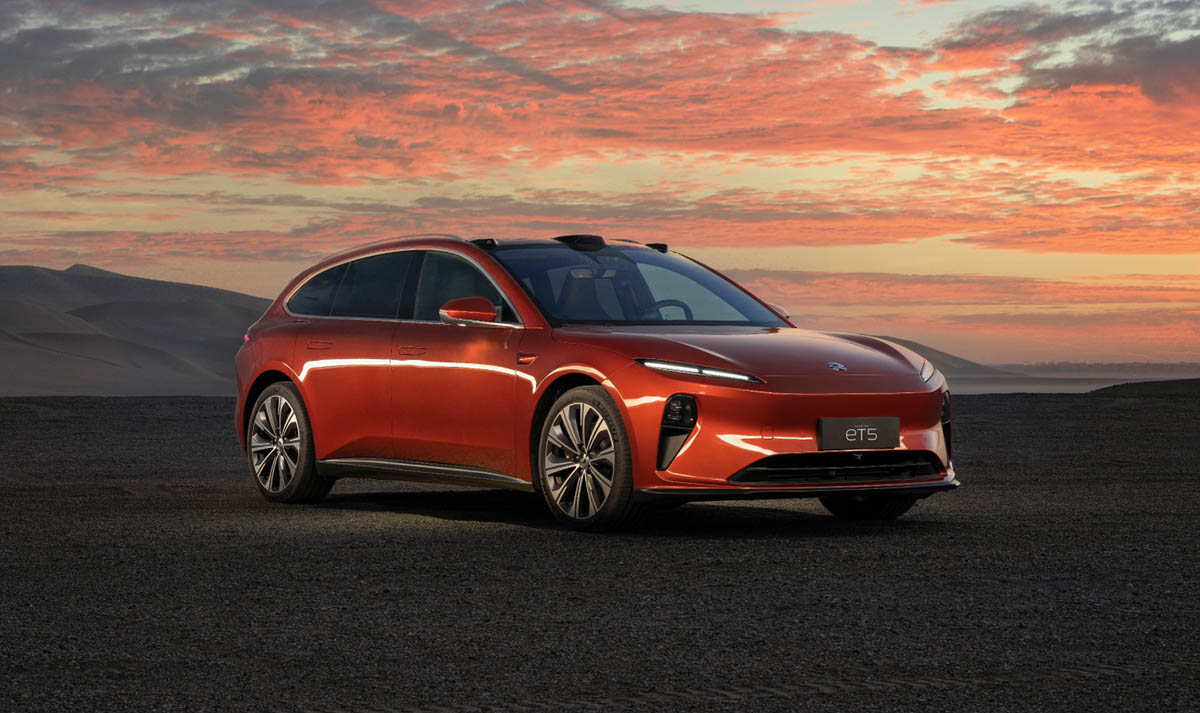
Beijing has cautioned Brussels that it risks escalating the trade war with China, which began with Washington’s initial import tariffs in 2018. In response, China has launched an anti-dumping investigation into EU pork imports following the EU’s tariff decision.
Li emphasized that the continuous economies of scale effectively reduce enterprises’ innovation costs, contributing to the strong competitiveness of China’s new industries.
China contends that its early investments in green technologies are solely responsible for its progress in the sector, dismissing Western criticisms as unjustified.
See also: Chinese Government’s $230.8 Billion Support for Electric Vehicles Raises Industry Concerns
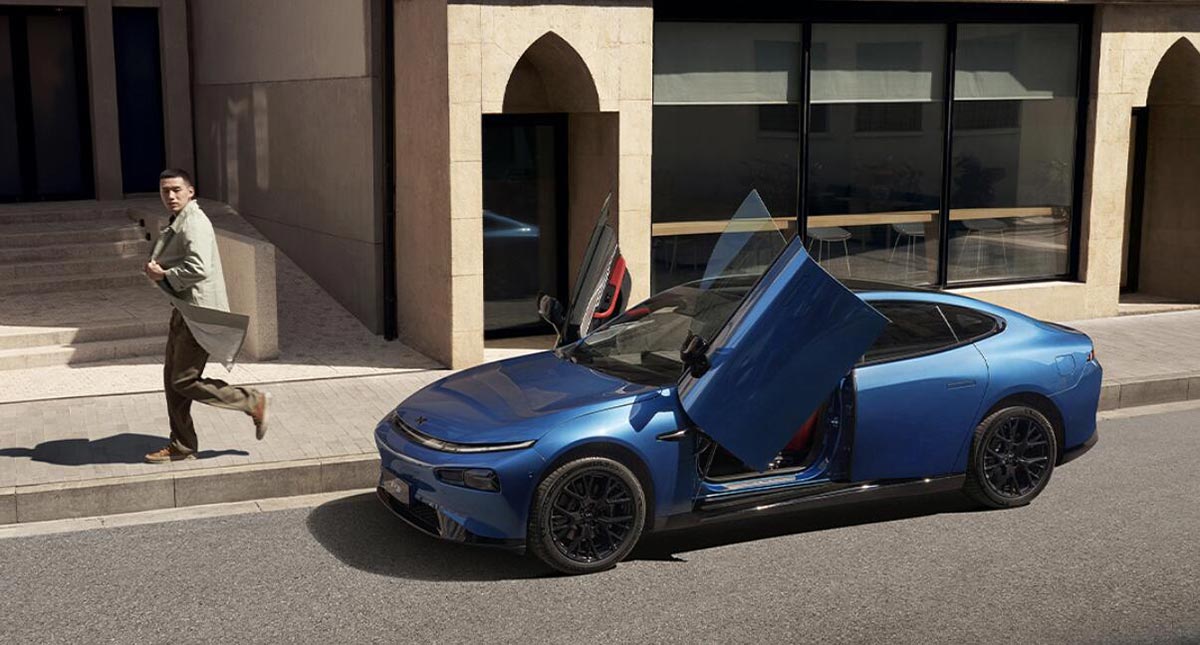
“China’s really made headway into producing these cars at low cost… so it is a lesson for us to try to get our act together and be better at it,” said Benoit Boulet, professor of electrical and computer engineering at McGill University, on the summit’s sidelines. “It’s seen as a threat at the very beginning, but then eventually Chinese cars will come to North America.”
Despite accusations of overcapacity and unfair subsidies, China and its analysts argue that as the $18.6 trillion economy recovers, supply will align better with demand.
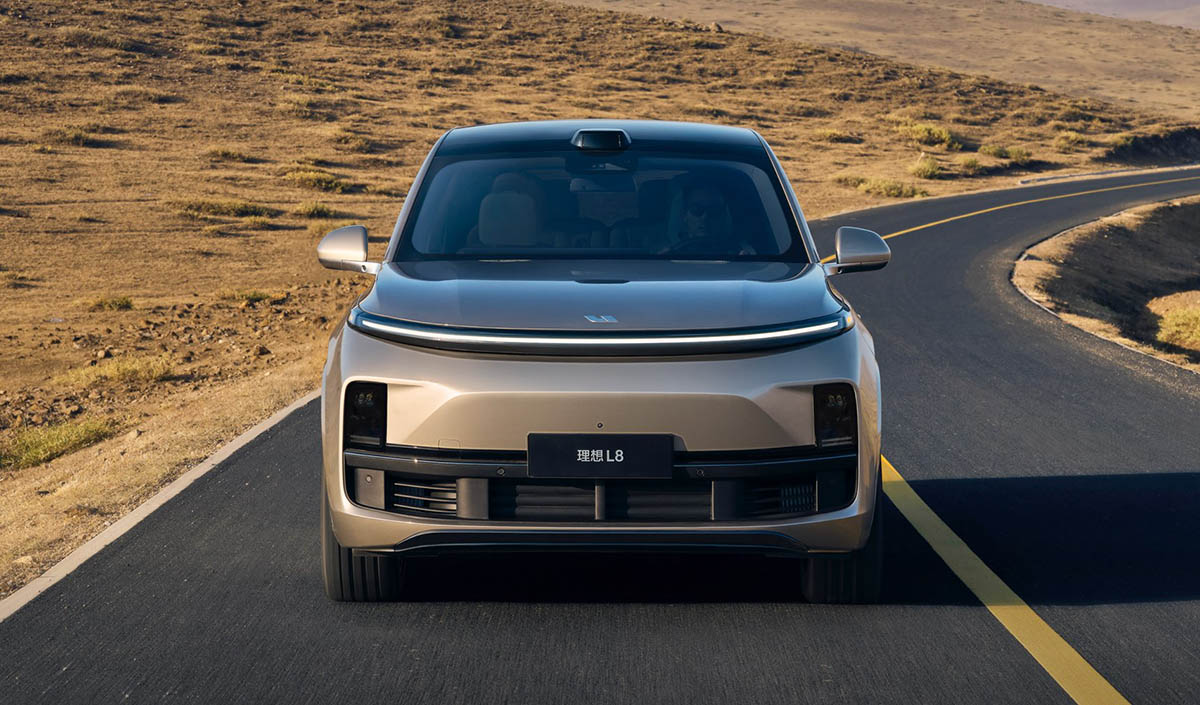
Li reassured delegates that “the rapid growth of new industries and new driving forces has strongly supported and sustained the healthy development of China’s economy.”
“Since the beginning of this year, China’s economy has maintained an upward trend… and is expected to continue to improve steadily over the second quarter,” he added. “We are confident and capable of achieving the full-year economic growth target of around 5%.”

